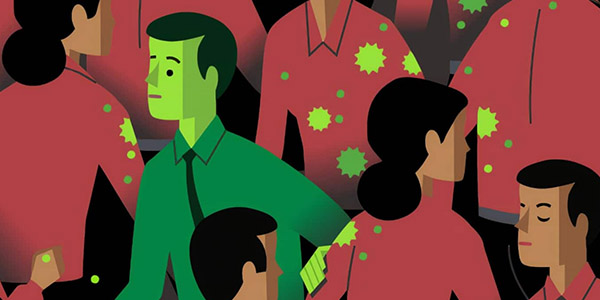Said and Done
MIT SCHOOL OF HUMANITIES, ARTS, AND SOCIAL SCIENCES
QUOTABLE
"I believe in the power of analogies to effect eureka moments and epiphanies. We can typically count on works of literature, with their startling similes and vivid metaphors, to provide analogies for social concepts that might otherwise be difficult to understand."
— Sandy Alexandre, MIT Associate Professor of Literature
RESEARCH | CLIMATE AND HEALTH
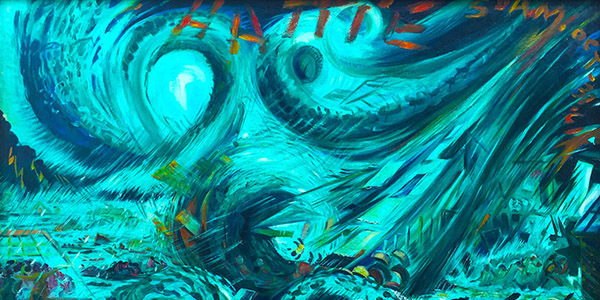
Detail; Hurricane Hattie Belize, painting by Pen Delvin Cayetano, 1996; ©2018 Artists Rights Society, New York/Bonn
ANTHROPOLOGY
On planetary change and human health | Amy Moran-Thomas
"Climate change is not solely, or even fundamentally, a technological problem. It's a societal problem that requires reckoning with the role of human decisions over time and their uneven consequences for people. So much in this moment reminds us how health research can be stronger when it is transdisciplinary.”
Story | Moran-Thomas webpage
ANTHROPOLOGY, EAPS, HISTORY
Climate change linked to rise and fall of medieval nomadic empires
Paleoclimatology provides context for examining the activities of historic human societies.
Story | Related: How, during the Little Ice Age, did the Dutch create a Golden Age?
MIT CLIMATE PORTAL
MIT SHASS on the Climate Portal
RESEARCH | MAKING A JUST SOCIETY
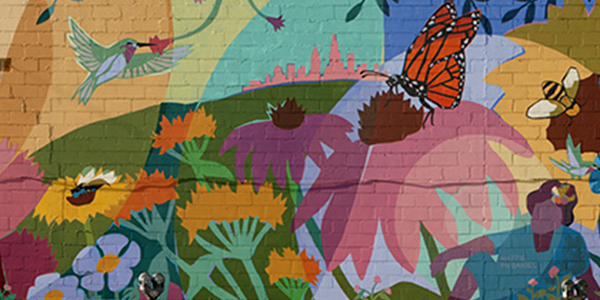
Detail, the Pollinators mural in Lawrence, Kansas honor seven African American artists from Kansas; by Dave Loewenstein and local artists; public domain
LITERATURE
The Bluest Eye turns 50 | Sandy Alexandre
In a marvelous new essay, Alexandre honors the 50th anniversary of Toni Morrison's debut novel and illuminates the ways that Morrison's exquisite language renders something as complex as structural racism comprehensible.
| Alexandre's webpage
MIT COMMUNICATIONS FORUM
Black in the Ivory: Academia's Role in Institutional Racism
Dr. Shardé Davis, Dr. Mareena Robinson Snowden, Dr. James Mickens, and moderator Tanya Ballard Brown of NPR delve into ongoing challenges for Black scholars, and ways everyone in university settings can start making a difference.
Story by Peter Dizikes at MIT News | MIT Communications Forum
MAKING A JUST SOCIETY
Explore the series
RESEARCH | WORK OF THE FUTURE
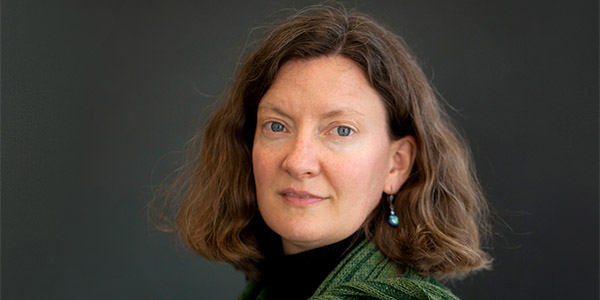
WORK OF THE FUTURE
3Q: Anthropologist Christine Walley on the evolving perception of robots in the U.S.
Walley discusses the ethnographies of tech-related job displacement; why U.S. workers have reason to be more anxious about robots than workers in other wealthy countries; and the crucial importance of policy for shaping good jobs.
Story via MIT News | Walley webpage
WORK OF THE FUTURE
MIT forum examines the rise of automation in the workplace
Technologies like robots and artificial intelligence could partner with humans, not oust them from work say research and business leaders. MIT economist and Institute Professor Daron Acemoglu stressed that our future "depends on what we value and how we use technology. It’s a choice.”
Story by MIT News
WORK OF THE FUTURE
Why we shouldn’t fear the future of work
In a final conference, the task force sounded a note of optimism. Participants advocated for an openness to market-driven technological change, paired with a substantial safety net to help people handle the disruptive waves of innovation.
Story at MIT News | Story: MIT Work of the Future Report
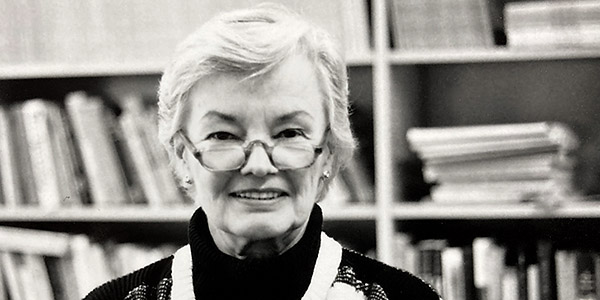
PHILOSOPHY
In Memoriam | Judith Jarvis Thomson — 1929-2020
The influential MIT philosopher was among the most significant moral philosophers of our time, and "the atomic ice-breaker for women in philosophy.”The idea that Judy might change her mind was completely unexceptional, not noteworthy at all," said Alex Byrne, Head of the MIT Philosophy section, "because she was so intellectually honest and would follow the argument wherever it led."
Remembrance by MIT Philosophy
STUDENTS AND ALUMNI
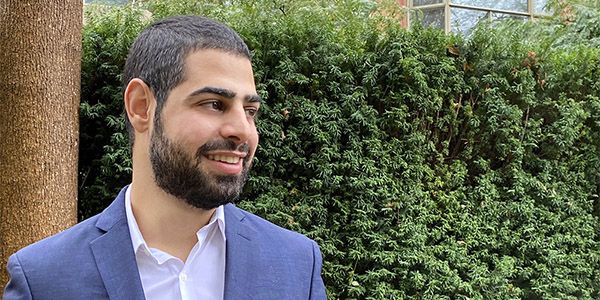
Nasir Almasri '21; photo by Amirah Aly
POLITICAL SCIENCE
The Humanizing Imperative: Profile of Nasir Almasri '21
Almasri, a PhD candidate in the Department of Political Science studies conflicts that emerge at the intersection of politics and religious traditions, with a focus on humanizing all involved.
LINGUISTICS | ALUMNI
Bill Poser '84 writes baby naming guide for the indigenous Deklh language
The Prince George linguist published a booklet of baby names after years of research and consultation with the Carrier/Deklh elders. Among the common names listed in the booklet are Ditnan, which means "thundering," Whutl'at, meaning "end of the lake," and Yak'ushun, meaning "song in the sky."
Story at CBC | PDF of the baby names
WOMEN'S AND GENDER STUDIES | CLASS PROFILE
Science Activism: Gender, Race, and Power
In a new class from our WGS program, MIT students explore how STEM researchers bring their sci/tech knowledge to bear on behalf of major societal issues.
Story by SHASS Communications
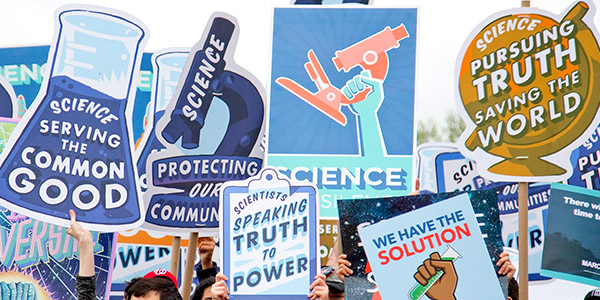
March for Science and the role of scientific analysis in policy; Washington D.C.. Photo by Vlad Tchompalov
“Scientific knowledge is now critical for both public understanding and sound policy for today’s most critical issues — from climate to human health to food security. MIT students are eager to understand how their work interacts with social realities and how they can lend their expertise to making a better world."
BRAVO!
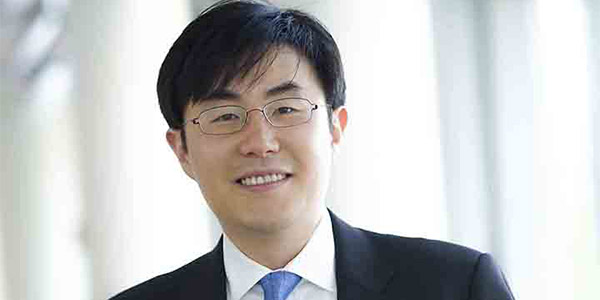
In Song Kim, Associate Professor of Political Science; photo by Stuart Darsch
POLITICAL SCIENCE
In Son Kim receives the 2021 Levitan Prize
The $30,000 prize will support his work on a new book, entitled Trade Politics with Firms and Products which explores the impacts of global changes in trade policies.
Webpage
MEDIA + AWARDS DIGEST
MIT's humanistic community in the limelight
Browse the digest
BOOKSHELF
Books and Other Works from MIT's humanistic faculty
Browse the Online Bookshelf
MIT SHASS
School announces six research fund recipients for 2021
The SHASS Research Fund supports MIT research in the humanistic fields that shows promise of making an important contribution. Congratulations to the 2021 recipients: Charlotte Brathwaite, Heather Hendershot, Andreas Karatsolis, Clapperton Mavhunga, Tobias Salz, and Ken Urban.
Read about the winning research projects
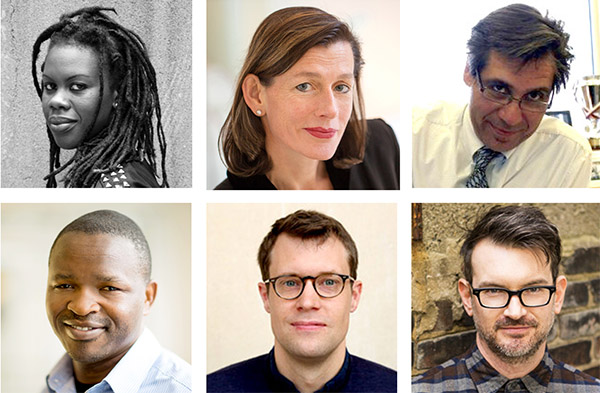
Top Row, L to R: Charlotte Brathwaite, Theater Arts; Heather Hendershot, Comparative Media Studies; Andreas Karatsolis, Writing Program; Second Row, L to R: Clapperton Chakanetsa Mavhunga, Science, Technology, and Society; Tobias Salz, Economics; Ken Urban, Theater Arts
EXPLORE
Follow us
Subscribe to Said and Done
10 issues a year
Media Digest
Current coverage
Making a Better World: Impact and Research
Browse 12 sectors
Perspectives for the Pandemic
Explore the Series
Making a Just Society
Explore the Resources
Solving Climate
Browse the Commentaries
Ethics, Computing, and AI: Perspectives from MIT
Full Series
Computing and AI: Humanistic Perspectives from MIT
Full Series
MIT Climate website
A major source of research, innovation, and discussion
Join us!
SHASS on MIT News
Research and Features
MIT Campaign for a Better World
Story | Join Us
Published by SHASS Communications
Office of the Dean, MIT School of Humanities, Arts, and Social Sciences
Editor and Designer: Emily Hiestand
Publication Associate: Alison Lanier
Published 14 December 2020

